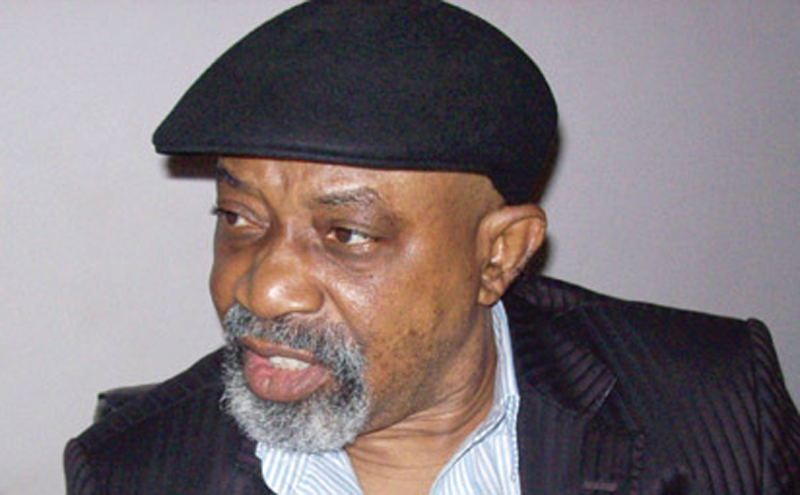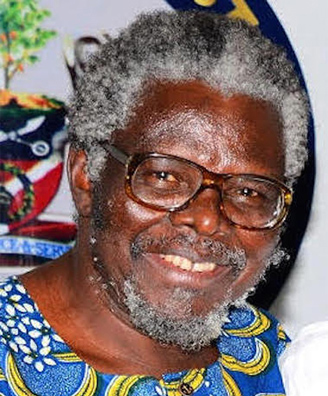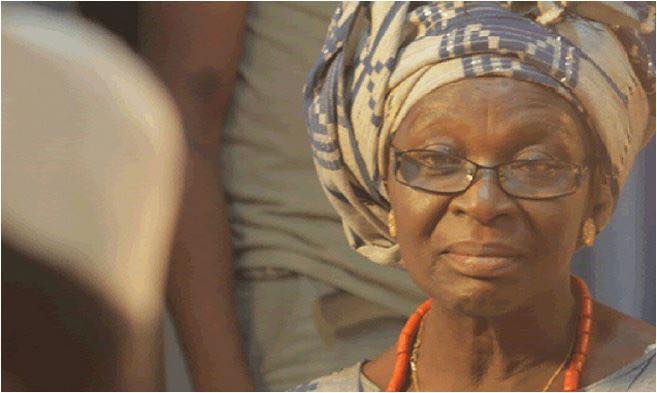When Minister of Labour and Productivity, Chris Ngige, threatened to withdraw the licenses of banks if they continued to lay off staff, I thought he was taking a joke too far. Why meddle with the banks when the government has enough problems? Aren’t the government’s poor economic choices partly responsible for the difficulties the banks are facing? In any case, why should the banks – privately owned banks for that matter – bear the brunt of the government’s inability to keep its promise of creating jobs?
It turns out that the matter is slightly more complicated than the textbook case of the right to hire and fire. A more appropriate metaphor, in fact, is the piper, the tune and the spendthrift. The banks cannot take trillions of naira in public funds from the government when in distress, squander the money and then turn around to ask for a free hand.
Let’s go back seven or eight years. Between 2008 and 2009, the country was brought to its knees by financial recklessness in commercial banks, which left an estimated N1.2trillion in toxic assets. These were the same banks, which according to Lagos lawyer and Senior Advocate of Nigeria, Femi Falana, received $11billion bailout from the Central Bank of Nigeria (CBN) in 2006.
In a bid to save their necks and remain in the good books of the CBN at the time, many of the banks offloaded huge chunks of their debts at the doorsteps of clients through voodoo accounting, blackmail and all sorts of obstructionist plots.
Advertisement
The Asset Management Corporation of Nigeria (AMCON), which has said it is owed about N5trillion, was created to manage the wreckage left behind mainly by irresponsible banks.
What did they do with the money? Skye Bank reminded us again this week. And it did in a way that makes Ngige look like an avenging angel. After the bank had treated its staff as scapegoats for months, the public finally got a chance to see where the problem really lies.
High staff number was not the problem, even though Skye Bank fired 175 staff in June over claims of redundancy. Like the 1000 also fired by Eco Bank the week before that, Skye Bank’s 175 were just ordinary folks trying to earn a living the best way they could. Their meagre salaries did not threaten the bank’s financial health.
Advertisement
The beast is the greed of the few at the top who have been milking the system to maintain their lavish lifestyles, taking advantage of weak regulation. It’s incredible how the bank took inter-bank deposits (loans) of N135billion to buy off Mainstreet Bank, whereas it should have been wheeled in for surgery itself.
It is in the open that almost N102billion of bad loans are traceable to companies owned by the deposed Chairman of Skye Bank.
And it’s not just a Skye Bank thing. Abuse is deep-rooted in the banking system and was particularly brazen and widespread before the government recalled nearly N3trillion from commercial banks when the Treasury Single Account was introduced last year.
An insider told me of a top bank in the country which gave a company in the oil and gas sector a loan of about N400billion, which has now gone bad. The huge toxic assets have been approved to be written off over four years against the bank’s profit by the CBN, thus denying shareholders any dividend during the period.
Advertisement
As if that was not bad enough, when the Managing Director of this same bank was retiring last year, he helped himself to a severance package of N1.8billion only for his successor to announce shortly afterwards that the bank needed to fire 1000 staff to deliver value to shareholders.
The rogue Managing Director had walked away with over 60 per cent of the amount and was about to clean out when the EFCC pounced. Even if shareholders drink blood, they wouldn’t be entitled to more than 20 to 30 per cent stash in the total assets of most of the banks, the bulk of which is made of depositors’ funds. It doesn’t make sense to sacrifice 1000 staff members to slake the thirst of shareholders and cover the tracks of the big thieves.
But it gets worse. We have seen how banks were used as conduits in the 2015 general elections. In one particular case in the run up to the elections, the Chairman of one of the big banks helped his brother to a loan of N2.1billion to bribe party chiefs for a governorship ticket. After shelling out N1.3billion to party chiefs through the brother of a former Group Managing Director of the NNPC, the aspirant was denied the ticket. He had been conned and the money was gone! This was in the last quarter of 2014.
The bank quickly scrambled to block the balance of N800million in the account but as at May this year, there was still a hole of N1.68billion in the account, which I’m told the bank could write off very soon to the detriment of shareholders. Where are those concerned about delivering value to shareholders?
Advertisement
When bank staff are compelled to use medical services provided by the wife of their Chairman at over one billion naira yearly, who can say the best process has been followed in selecting the service provider or complain when such staff are not getting proper treatment? Yet, when things go wrong, the staff are the first on the firing line.
As for customers who need small loans for their businesses, forget it. Nothing comes through until you have presented your grandmother’s head on a platter. Except, of course, if you know the Chairman, MD, or you own MTN or an oil and gas company. All the nonsense about collateral, high cost of funds and shareholder value do not apply when bank fat cats are helping themselves or their cronies to deposits in their care.
Advertisement
The obvious downside to threatening the banks as Ngige has done is that some unions might take the law into their own hands. But if two wrongs don’t make a right, shareholders can save the public from the third wrong by holding the management of their banks to higher standards and insisting on transparent regulatory oversight.
Unfortunately, the real scapegoats are those now holding the leash.
Advertisement
Ishiekwene is the managing director/editor-in-chief of The Interview magazine and board member of the Paris-based Global Editors Network
Advertisement
Views expressed by contributors are strictly personal and not of TheCable.







